Workers at Tam lotus farm pack fresh lotus roots.
Tam lotus farm (Hamlet 7 Met, Kien Binh commune) is the only facility in Tan Thanh district that purchases lotus roots to pre-process and turn into products such as sour lotus roots, sweet and sour lotus roots, vacuum-packed fresh lotus roots, etc. to supply to traditional markets, online shopping channels, supermarket systems, especially for export to China. On average, the facility purchases more than 6 tons of fresh lotus roots per day.
Mr. Vo Van Tam - owner of Tam lotus farm, said that in the past, the lotus farm mainly purchased fresh lotus roots from farmers, then sold them to traders at Binh Dien market (HCMC). This forced farmers and facilities to depend entirely on traders, so they often encountered the situation of "good harvest, low price" or vice versa, and there were even times when there were no traders to buy fresh lotus roots.
Worried about finding an outlet for fresh lotus root, Mr. Tam began researching the market and formulas for processing products from fresh lotus root. After a period of research, he decided to launch sour lotus root products on the market. However, bringing a product to the market and building a brand is not easy, because the market also has many products processed from fresh lotus root.
Determined to do so, at first, he sent his products to traditional markets for sale, and only after all the products were sold did the merchants pay him. Thanks to his dedication, responsibility, and the secret of processing without using colorants, chemicals, or preservatives, Mr. Tam's sour lotus root products are increasingly welcomed by customers, and the number of products consumed is increasing.
“After the sour lotus root product gradually affirmed its brand, I continued to research more sweet and sour lotus root products; at the same time, I boldly brought fresh lotus root to approach demanding markets such as supermarkets and exports. Up to now, every day, my facility supplies the market with 1-1.5 tons of fresh lotus root, 1-1.5 tons of sour lotus root and nearly 300kg of sweet and sour lotus root,” Mr. Tam added.
Workers of Hai Nhon Sen Agricultural Service Cooperative process lotus hearts before drying them into tea.
Previously, the Hai Nhon Lotus Agricultural Service Cooperative (Nhon Hoa Commune, Tan Thanh District) specialized in purchasing fresh lotus shoots and lotus buds to resell to traders. Of which, fresh lotus shoots were sold to traders in Ho Chi Minh City, lotus shoots were sold to traders in Dong Thap Province. On average, during the flood season, the Cooperative purchased more than 6 tons of lotus shoots and lotus buds. Like Tam lotus warehouse, the Cooperative often encountered a situation where traders forced down prices, even refusing to purchase if the Cooperative did not lower prices to the lowest level during the peak harvest season.
In order to find a stable outlet for lotus products and build the Tan Thanh lotus brand, the People's Committee of Tan Thanh district created conditions for the cooperative to process fresh lotus into products such as lotus seeds, lotus heart tea, dried lotus, lotus powder, etc. Initially, these products received customer satisfaction and were highly appreciated by functional sectors. In particular, lotus powder and lotus heart products were recognized as 3-star OCOP products.
Director of Sen Hai Nhon Agricultural Service Cooperative - Ngo Thi My Dung informed: “Since being recognized as meeting OCOP standards, the products of the Cooperative have become more known to customers near and far, and the amount of goods sold has increased. In the past year, the Cooperative was one of 7 establishments recognized by the Department of Cultivation, Plant Protection and Agricultural Product Quality Management of the province as a safe food supply chain. This is the basis for customers to trust the products of the Cooperative more”.
According to the Department of Agriculture and Rural Development of Tan Thanh district, the district currently has more than 370 hectares of lotus planted in rotation, mainly in the communes of Nhon Hoa, Kien Binh, and Tan Binh. In addition, many farmers also intercrop 2 rice crops, 1 lotus crop or 1 rice crop, lotus crop to contribute to soil improvement, reduce production costs, and increase profits on the same cultivated area./.
Bui Tung
Source



![[Photo] Solemn reception to celebrate the 80th anniversary of the National Day of the Socialist Republic of Vietnam](https://vphoto.vietnam.vn/thumb/1200x675/vietnam/resource/IMAGE/2025/9/1/e86d78396477453cbfab255db1e2bdb1)
![[Photo] General Secretary receives heads of political party delegations from countries attending the 80th anniversary of our country's National Day](https://vphoto.vietnam.vn/thumb/1200x675/vietnam/resource/IMAGE/2025/9/1/ad0cb56026294afcae85480562c2e790)
![[Photo] National Assembly Chairman Tran Thanh Man receives Cambodian Senate President Hun Sen](https://vphoto.vietnam.vn/thumb/1200x675/vietnam/resource/IMAGE/2025/9/1/7a90c9b1c1484321bbb0fadceef6559b)
![[Photo] Chu Dau Ceramics – Proud of Vietnamese identity at Exhibition A80](https://vphoto.vietnam.vn/thumb/1200x675/vietnam/resource/IMAGE/2025/9/1/c62ab2fc69664657b3f03bea2c59c90e)
![[Photo] People eagerly wait all night for the parade on the morning of September 2](https://vphoto.vietnam.vn/thumb/1200x675/vietnam/resource/IMAGE/2025/9/1/0cf8423e8a4e454094f0bace35c9a392)
![[Photo] Celebration of the 65th Anniversary of the Establishment of Diplomatic Relations between Vietnam and Cuba](https://vphoto.vietnam.vn/thumb/1200x675/vietnam/resource/IMAGE/2025/9/1/0ed159f3f19344e497ab652956b15cca)

















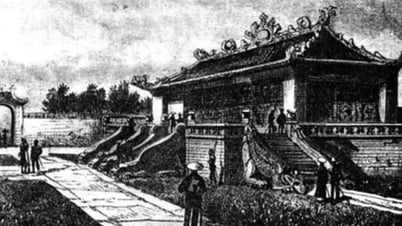

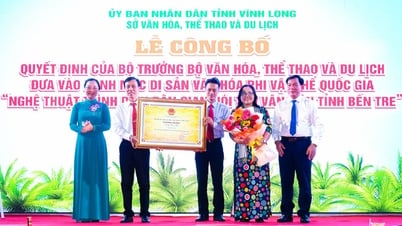










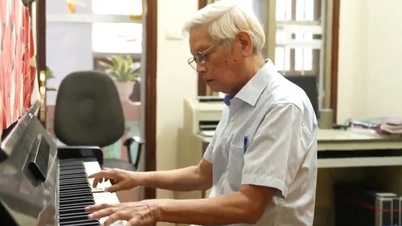

































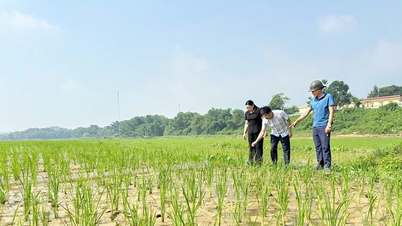

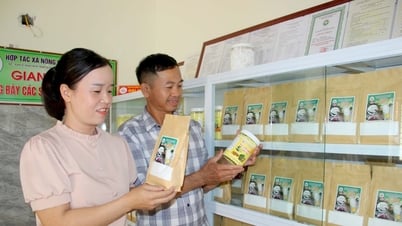




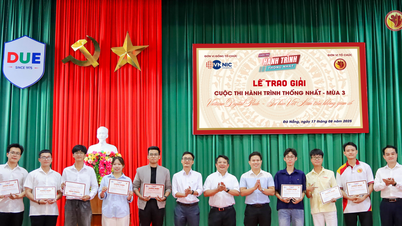

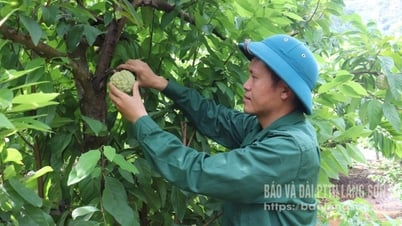






Comment (0)